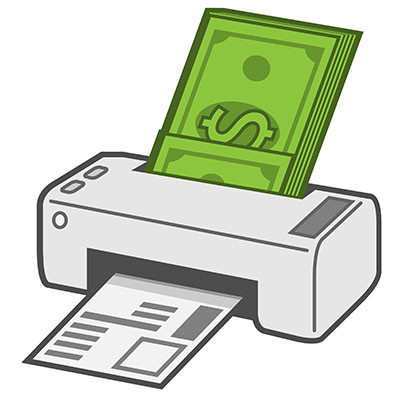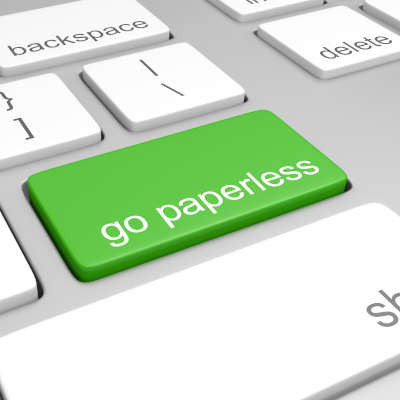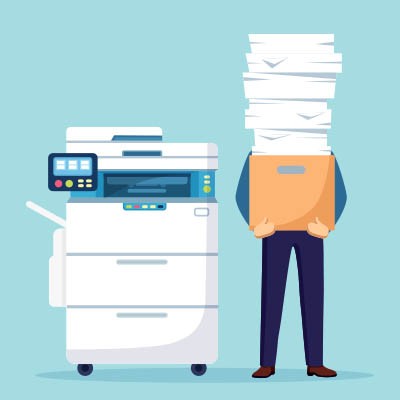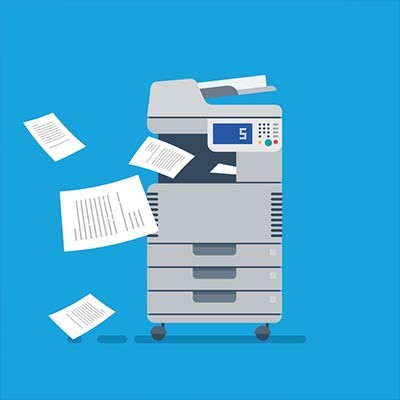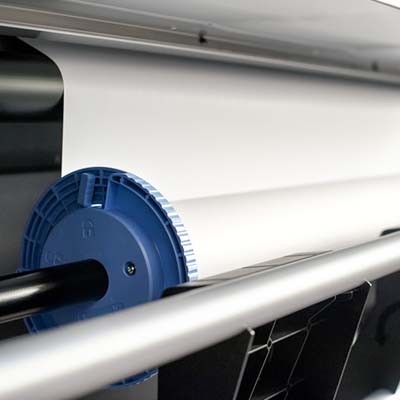When looking to cut your costs, one of the best places to start looking is at your printing. While paper documents were once incredibly important for businesses (they still serve a function), no one can deny that they take up a considerable amount of space in the workplace, as well as take up precious assets that could be better spent elsewhere. What’s the best way to minimize the resources you spend on printing?
Everyone knows that printing is costly. They come from nearly every direction: paper, ink, machines that seemingly always need some type of maintenance, the list of costs goes on and on. Some businesses, looking to get away from rising printing costs, and from paper files in general, are starting to do their best to eliminate printing and filing costs. Let’s take a brief look at how going paperless can save your organization money in the long run.
There was a time when business was run through the printer. These days, there are many digital solutions that can really limit the need for high-volume printing. Today, we’ll take a look at how the average business can cut their printing costs and do it while improving their business using print management.
Going paperless these days is all the rage, even though we understand why some organizations like to keep their hardcopy documentation printed out and available. If you’re careful, you can minimize printing to reduce the costs associated with printing, while still keeping your critical files organized and at the ready.
There are a few sounds that are familiar to any office: keys clacking away, coffee being sipped (or slurped), and the rattling, squawking hum of the printer. Yet this image presents a crucial question: do you know how much your printer is costing your business each time it is used? In today’s blog, we’ll review how you can calculate this investment.

